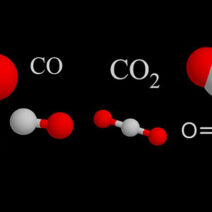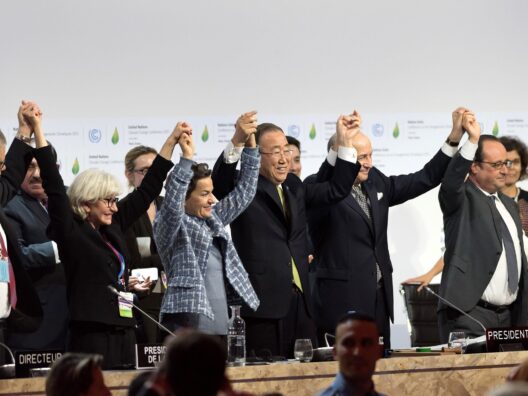As global temperatures continue to rise due to anthropogenic climate change, the importance of reducing electricity consumption becomes increasingly evident. This essay explores the multifaceted implications of reducing electricity usage on global warming, highlighting various strategies and their potential impact on our environment.
Electricity, though indispensable in our modern lives, is a significant contributor to greenhouse gas emissions. The production of electricity often relies on fossil fuels, such as coal, oil, and natural gas, which release carbon dioxide and other harmful pollutants into the atmosphere. Consequently, decreasing the demand for electricity emerges as a powerful weapon in the fight against climate change.
One might begin by considering how energy efficiency serves as a cornerstone of reducing electricity use. Energy-efficient appliances, lighting, and heating systems consume significantly less power than their traditional counterparts. For instance, LED light bulbs use up to 80% less energy than incandescent bulbs, offering a straightforward way for households to lower their electricity bills while simultaneously curbing emissions. Furthermore, upgrading to Energy Star-rated appliances can reduce household energy consumption by thousands of kilowatt-hours annually. Each small action, multiplied by millions of consumers, contributes to a substantial decrease in overall electricity demand.
Moreover, the integration of smart technologies into our homes and workplaces extends the potential for energy conservation. Smart thermostats, for example, allow users to optimize their heating and cooling schedules, ensuring that energy is only consumed when necessary. These devices learn user behaviors and can suggest improvements, enhancing energy efficiency in real-time. Additionally, smart meters provide consumers with insights into their electricity usage patterns, empowering them to make informed decisions that lead to reduced consumption.
Beyond individual efforts, fostering a culture of conservation on a community level is equally vital. Grassroots movements advocating for local energy initiatives can significantly influence public policy and promote renewable energy sources. Community solar programs, for instance, give residents the opportunity to subscribe to solar energy generated off-site, making renewable energy accessible to those who cannot install solar panels on their homes. This not only reduces reliance on fossil fuels but also promotes collective action toward sustainability.
Engaging in behavioral changes can yield substantial benefits. Simple modifications, such as unplugging devices when not in use, utilizing power strips, and performing regular maintenance on HVAC systems, can lead to noticeable reductions in energy consumption. Likewise, encouraging workplaces to adopt flexible hours, which can reduce the use of electricity during peak times, fosters an energy-conscious mentality that ripples throughout society.
Institutional policies also play a crucial role in advocating for reduced electricity use. Governments can implement stricter energy efficiency standards, incentivize energy-saving technologies, and promote renewable energy sources. Legislative measures aimed at reducing emissions from power plants, such as implementing carbon pricing, can shift the economic landscape in favor of cleaner alternatives. When policies align with eco-friendly objectives, they serve to create an environment that prioritizes sustainability.
Transitioning to renewable energy sources is another pivotal aspect of reducing reliance on fossil fuel-derived electricity. Solar, wind, hydroelectric, and geothermal energy systems not only generate power with minimal emissions but also reduce our dependence on nonrenewable resources. For example, adopting solar photovoltaic panels can produce an abundance of clean energy, which not only diminishes electricity bills but also significantly lowers one’s carbon footprint. The proliferation of electric vehicles, powered by renewable electricity, further supports this transition, curbing emissions from traditional gasoline-powered vehicles.
In conjunction with these strategies, education and awareness around the benefits of reducing electricity use are imperative. Educating communities about the environmental and economic advantages of energy conservation can inspire individuals to take actionable steps. Workshops, seminars, and social media campaigns can effectively disseminate information, creating a collective understanding of how reduced electricity use fights global warming.
While the fight against global warming may seem daunting, it is essential to recognize that every individual action holds significance. The cumulative effects of decreased electricity consumption can yield profound benefits for the environment. Individuals have the power to make conscientious choices, advocate for smarter policies, and embrace sustainable practices, thereby contributing to the collective fight against climate change.
In conclusion, the imperative to reduce electricity usage as a means of combating climate change cannot be overstated. Through energy efficiency, smart technologies, community engagement, institutional policies, renewable energy adoption, and public education, society can make strides in diminishing our carbon footprint. The power of less is not merely a slogan; it is a call to action. Each kilowatt not consumed translates to atmospheric savings, reinforcing the notion that, collectively, we can forge a path toward a more sustainable and resilient future for our planet.








